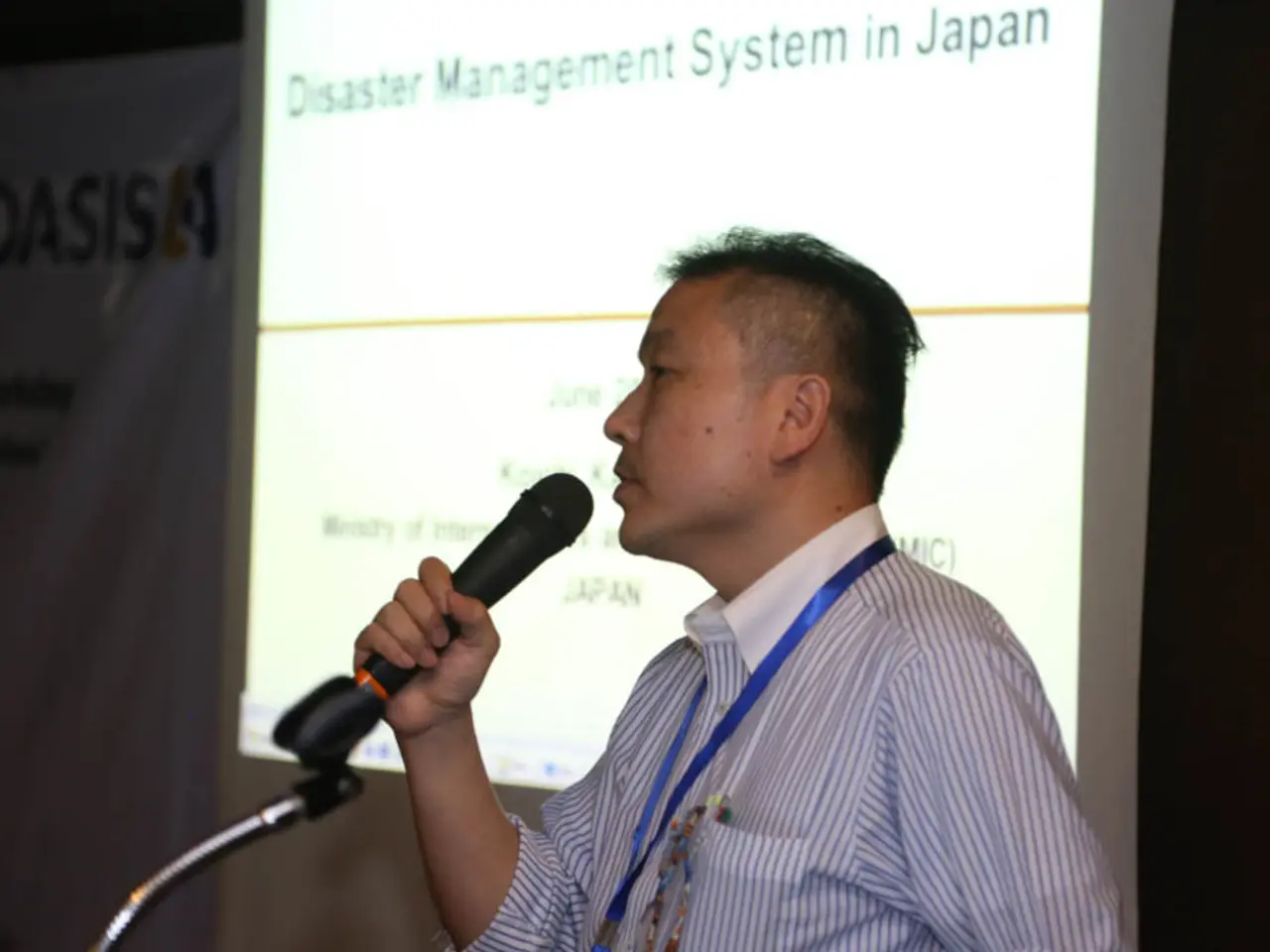Struggles in Environmental, Social, and Governance (ESG) standards and work flexibility persist within Japan's workforce, but signs of transformation are emerging.
The Reeracoen × Rakuten Insight APAC Workforce Whitepaper 2025 reveals that Japan's workforce is undergoing a significant, yet subtle transformation, marked by the persistence of traditional cultural norms around job stability and low ambition, alongside emerging shifts towards upskilling and flexibility.
Compared to other Asia-Pacific countries, Japan ranks lowest in several workforce metrics. Only 24% of Japanese professionals strongly aspire to leadership roles, 48% consider ESG (Environmental, Social, Governance) factors in their job decisions, and only 33% have adopted hybrid work models.
One of the key trends identified is the low workforce ambition and mobility. Japanese workers exhibit less ambition for advancement and less job mobility compared to their peers in APAC. This is rooted in cultural emphasis on stability and tradition.
Another finding is the limited influence of ESG on employment decisions. ESG is a growing factor in employment decisions globally, yet fewer Japanese workers consider it crucial in their career choices (48% influence vs. higher regional averages).
The slow adoption of hybrid work is also noteworthy, with only about a third of Japanese workers benefiting from flexible work arrangements.
However, there are quiet shifts in workforce skill development and adaptation to flexible work, which are seen as potential leverages for future competitiveness.
The whitepaper also highlights generational differences, with younger Japanese workers increasingly seeking work-life balance, meaningful work, and more humane workplace environments, contrasting older generations' traditional views on work.
Additionally, the report discusses burnout, loneliness, inflexibility, and lack of recognition among many Japanese employees, with companies starting to focus on employee engagement and retention through improved work conditions.
Japan also faces a shortage of digital and IT skills, with the government investing in tech education and efforts to attract foreign talent despite cultural and wage-related challenges.
The whitepaper suggests that organizations that respond to these shifts through flexibility, purpose, and skills development will lead the next chapter of Japan's growth. It can be used to support strategic planning for workforce adaptation in the context of Japan's demographic challenges and global competition for skilled talent.
Kosuke Soejima, Managing Director of Reeracoen Japan, stated that attracting and retaining talent requires purpose, trust, and flexible, human-centric work models. The whitepaper is available for more information at Reeracoen's website.
- In contrast to other Asia-Pacific countries, Japanese professionals exhibit less ambition for advancement and job mobility in their careers, as indicated by the Reeracoen × Rakuten Insight APAC Workforce Whitepaper 2025.
- Despite the slow adoption of hybrid work models, the whitepaper highlights potential leverages for Japan's future competitiveness through quiet shifts in workforce skill development and adaptation towards flexible work.




